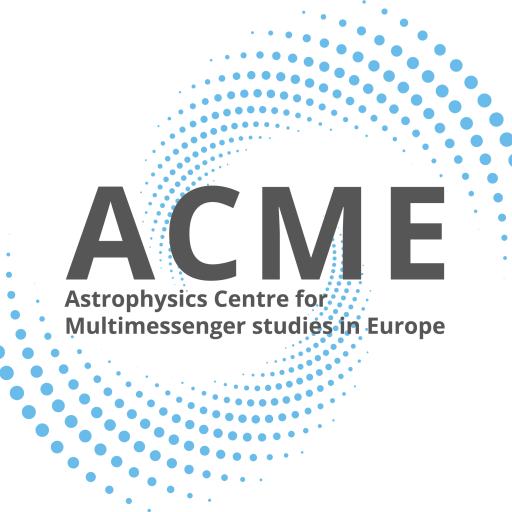The Gravitational Wave Open Science Center (GWOSC), formerly known as the LIGO Open Science Center, was created to provide public access to gravitational-wave data products. The collaborations running LIGO, Virgo, GEO600, and KAGRA have all agreed to use GWOSC services as the primary access points for public data products. This collaborative approach benefits users by creating a uniform interface to access data from multiple observatories, and provides cost savings to the various observatories by sharing the tools, services, and human resources.
The Open Data Workshop is a series of online workshops that began in 2018. Participants will receive a crash-course in gravitational-wave data analysis. The workshop includes lectures by data analysis experts, hands-on experience with software tutorials, and a data challenge designed to test your new skill in GW data analysis.
Key features:
- Describe the basics of how LIGO and Virgo record data
- Find and download LIGO/Virgo data
- Make plots of LIGO/Virgo data and simulated waveforms
- Use matched filtering to identify transient signals in LIGO/Virgo data
Use case:
- Access to Gravitational Wave Data: Provides public access to data from LIGO, Virgo, and KAGRA detectors, enabling independent research and analysis.
- Educational Purposes: Facilitates learning and teaching about gravitational waves in academic settings using real-world data.
- Astrophysical Research: Allows researchers to study compact binary coalescences (e.g., black hole or neutron star mergers) and test general relativity.
- Development of Data Analysis Tools: Supports testing and improvement of data analysis pipelines and algorithms for gravitational wave detection.
- Multi-messenger Astronomy: Helps coordinate observations with electromagnetic or neutrino signals by providing alerts and open data.
- Public Engagement and Outreach: Enables citizen science and public involvement in gravitational wave science.
Link: https://gwosc.org/
